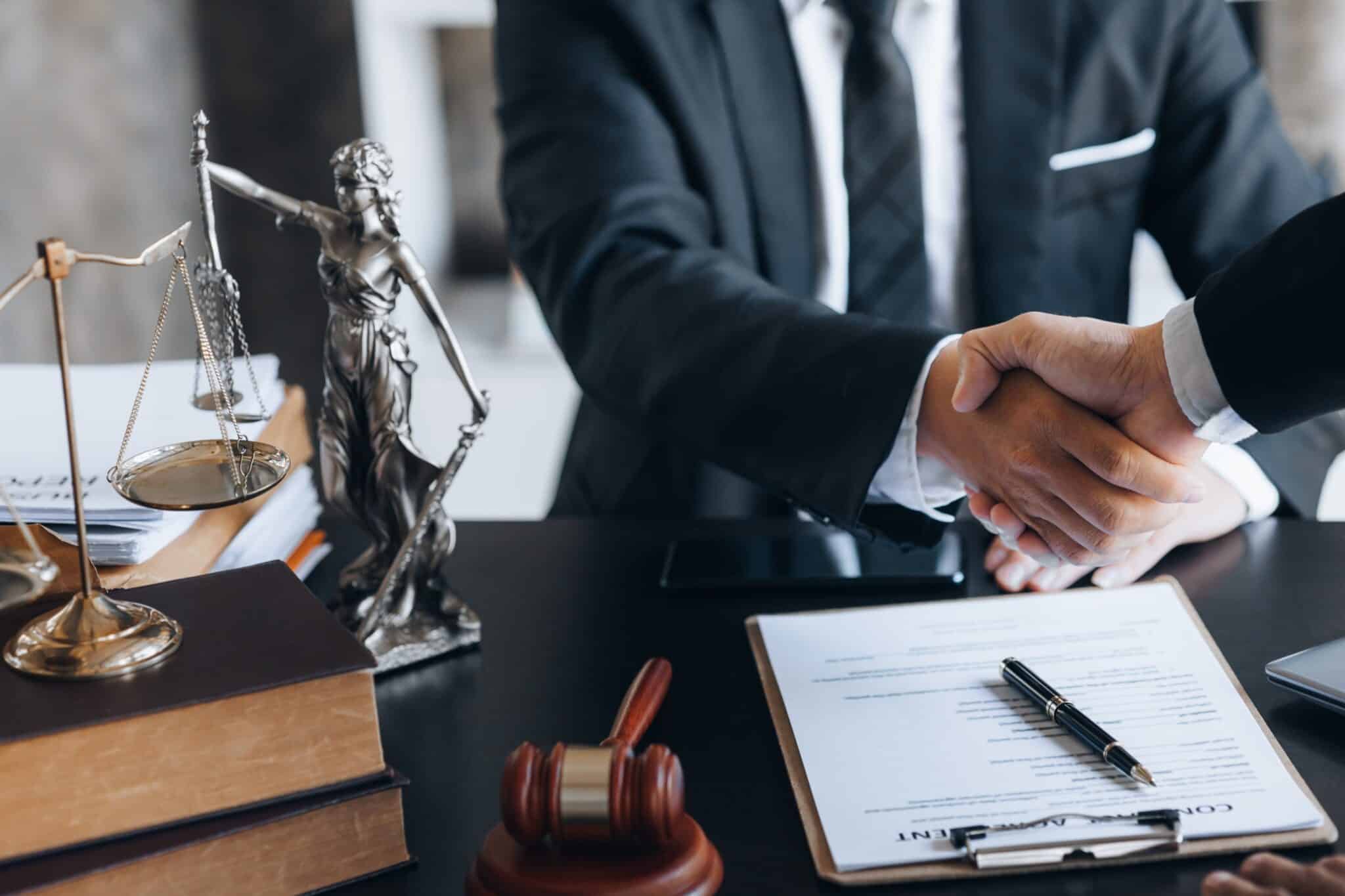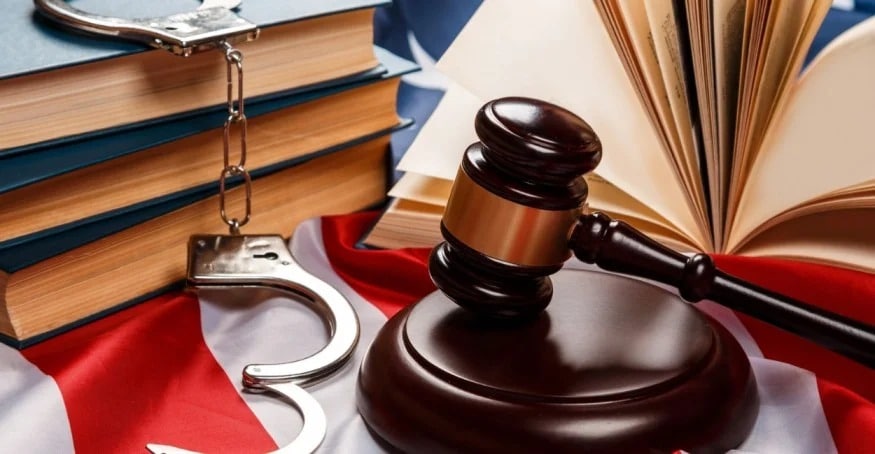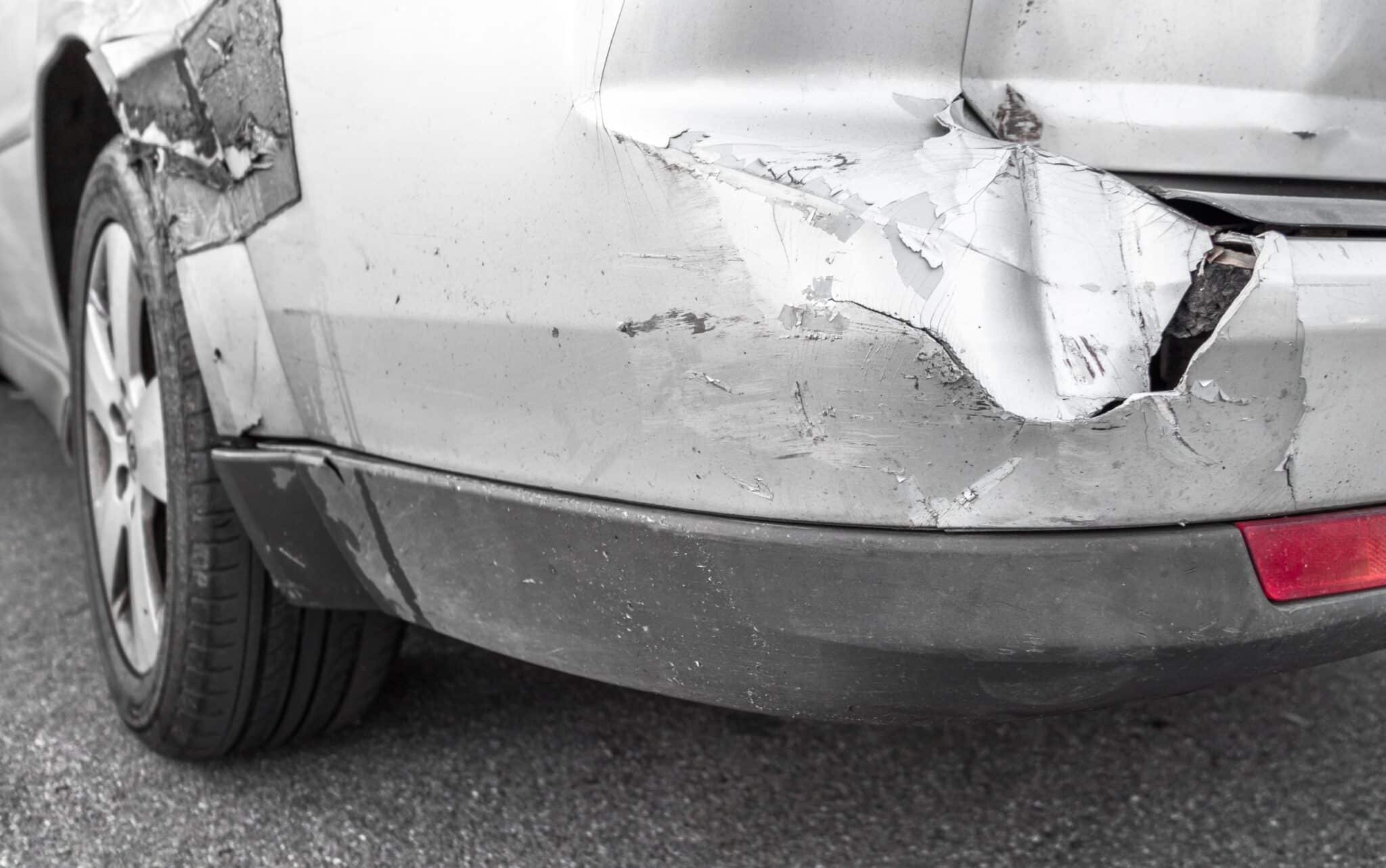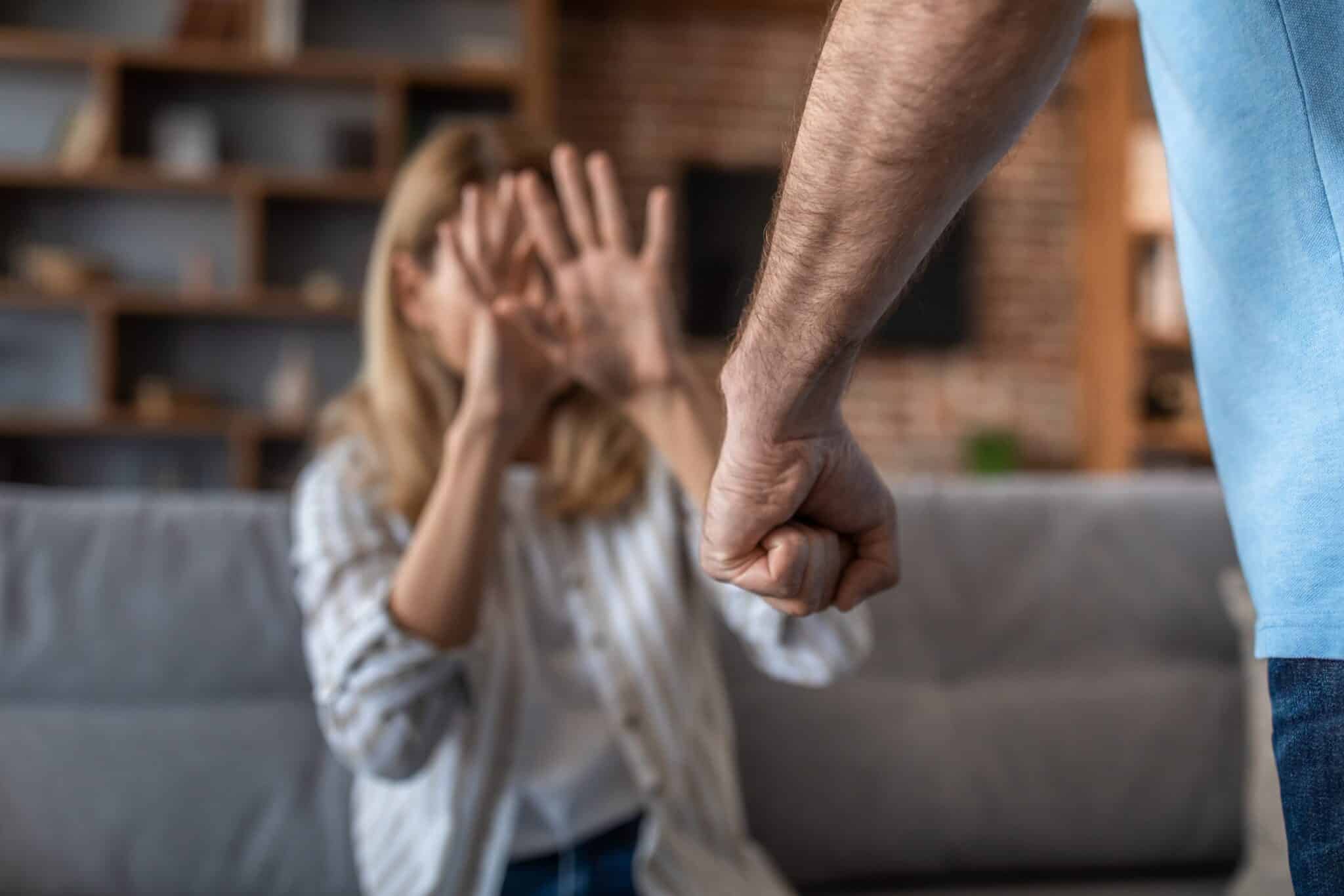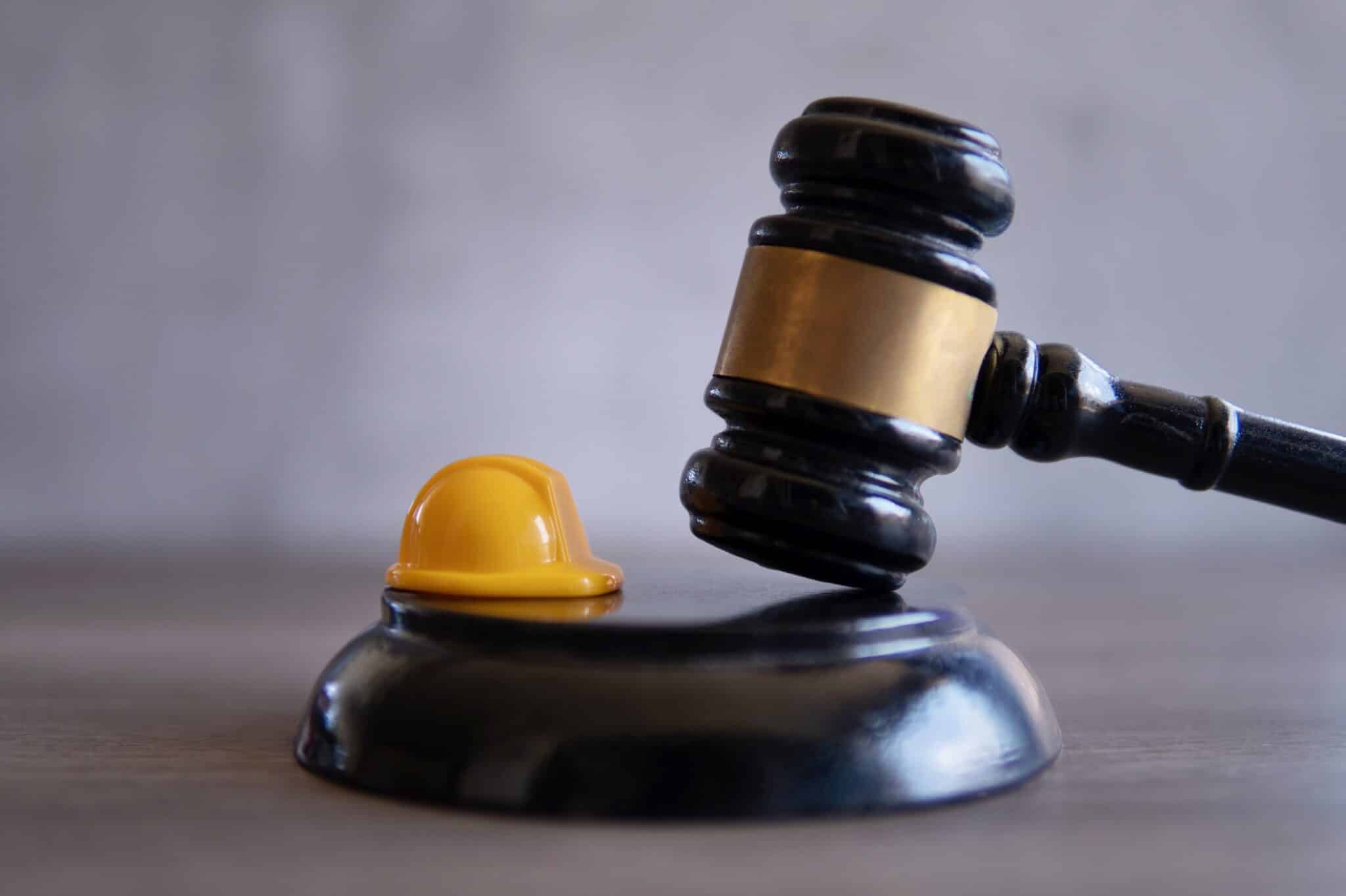The Cost of Cutting Corners: Legal Lessons From Financial Misconduct – Guest Post

In the world of finance, precision, transparency, and accountability are legal and ethical imperatives. Yet history continues to show that when individuals or institutions cut corners, the consequences can be severe. Financial misconduct, whether through misrepresentation, insider trading, or regulatory evasion, has led to some of the most high-profile legal battles and reputational collapses in modern business history.
The temptation to bypass rules in pursuit of short-term gains is not new. But in an increasingly regulated and scrutinized environment, the cost of such decisions is rising. Legal penalties, loss of investor trust, and long-term damage to brand integrity are just a few of the outcomes that follow financial misconduct. This article explores the legal lessons learned from these failures and why ethical discipline remains essential in high-stakes financial environments.
The Anatomy of Financial Misconduct
Financial misconduct can take many forms, ranging from falsifying earnings reports to manipulating markets. Often, these actions are driven by pressure to meet performance targets or to maintain investor confidence. In some cases, individuals may believe they are acting in the company’s best interest, while in others, the motivation is personal gain.
Regardless of intent, the legal system treats these violations seriously. Regulatory bodies such as the Securities and Exchange Commission (SEC) and the Commodity Futures Trading Commission (CFTC) have broad authority to investigate and prosecute misconduct. Penalties can include fines, imprisonment, and bans from working in the financial industry.
The complexity of financial systems means that misconduct is not always immediately visible. It may be buried in accounting practices, concealed through shell companies, or disguised as legitimate transactions. This makes internal controls and external audits critical tools for prevention and detection.
Legal Precedents and Their Impact
Over the years, several landmark cases have shaped the legal landscape surrounding financial misconduct. The collapse of Enron in the early 2000s, for example, led to sweeping reforms through the Sarbanes-Oxley Act, which imposed stricter requirements on corporate governance and financial disclosures. More recently, cases involving LIBOR manipulation and cryptocurrency fraud have highlighted the evolving nature of financial crime.
These precedents serve as cautionary tales. They demonstrate that even large, well-established firms are not immune to failure when ethical boundaries are crossed. They also show that legal consequences extend beyond the individuals directly involved. Shareholders, employees, and customers often suffer collateral damage when trust is broken.
For professionals working in fast-paced environments, such as those using platforms like Maven Trading, the importance of compliance and ethical rigor cannot be overstated. While the flexibility and autonomy of remote trading offer many advantages, they also require a heightened awareness of regulatory standards. Ensuring that trades are executed transparently and within legal boundaries is essential to maintaining credibility and avoiding costly missteps.
The Role of Corporate Culture
One of the most powerful deterrents to financial misconduct is a strong corporate culture rooted in integrity. Organizations that prioritize ethics in their decision-making processes are less likely to face legal challenges. This begins with leadership. Executives must model ethical behavior and create systems that reward transparency rather than risk-taking at any cost.
Training and education also play a key role. Employees should be equipped with the knowledge to recognize potential violations and the confidence to report concerns. Whistleblower protections are essential to fostering an environment where misconduct can be addressed before it escalates.
Companies that invest in ethical culture often find that it pays dividends in the form of employee loyalty, investor trust, and long-term sustainability. In contrast, those that neglect these principles may enjoy short-term gains but face long-term consequences.
Technology and Compliance
As financial systems become more digitized, technology is playing an increasingly important role in compliance. Automated monitoring tools, real-time analytics, and AI-driven risk assessments can help identify irregularities before they become legal issues. These tools are especially valuable in environments where large volumes of transactions occur daily.
However, technology is not a substitute for human judgment. Algorithms must be designed and overseen by professionals who understand both the technical and legal dimensions of financial operations. Moreover, data privacy and cybersecurity must be prioritized to ensure that compliance efforts do not inadvertently create new vulnerabilities.
The integration of technology into compliance frameworks is a promising development, but it must be approached thoughtfully. When used correctly, it can enhance transparency and reduce the likelihood of misconduct. When misused or neglected, it can become part of the problem.
Lessons for the Future
The legal lessons from financial misconduct are clear: cutting corners may offer temporary relief, but the long-term costs are steep. As regulations continue to evolve and public scrutiny intensifies, the margin for error is shrinking. Professionals and organizations must commit to ethical practices not just to avoid penalties, but to build resilient and trustworthy financial systems.
Education, transparency, and accountability are the pillars of sustainable success. Whether you are a trader, executive, or analyst, understanding the legal implications of your actions is essential. The financial industry thrives on trust, and once that trust is broken, it is difficult to rebuild.
Conclusion
Financial misconduct is not just a breach of law, it is a breach of trust. The cost of cutting corners can be measured in legal penalties, reputational damage, and lost opportunities. By learning from past failures and committing to ethical discipline, professionals and organizations can protect themselves and contribute to a healthier financial ecosystem. In a world where every decision counts, integrity remains the most valuable currency.

